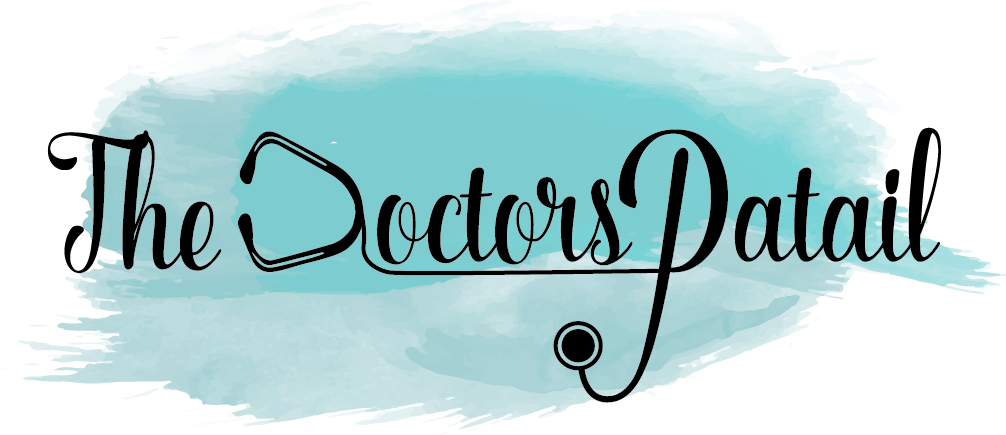The Climb

College → Medical School → Residency → Fellowship. The journey to becoming a doctor sometimes feels like climbing a never ending ladder. The process started for me as an undergraduate when I was seventeen years old and will go on well into my thirties. I am still climbing. Each level of ascension is drastically different in both your skill set and responsibilities to your patients. The variation from one stage to the next is magnified due to the increase in breadth of knowledge and years of practice. Expectations change and more is demanded as you become an expert in your field. Before every rung you climb there is a sense of excitement and fear. You are always ready for the next level, this time fellowship. You are “in your prime”, or so you think, but reality sets in and the climb starts all over again.
The transition from college to medical school is quite the challenge but predictable. The need to recognize how to study is obvious. Sitting down for 8 hours a day memorizing lecture slides and book chapters is the norm. Most people are mentally prepared for this and accept that life will be brutal for the next four years. While medical school is intense, residency quickly approaches. This next stage is where we get our first sense of duty and responsibility towards patient care. Though a difficult climb, most of us are excited to be able to now diagnose and treat the diseases we have been studying for years.
School is now officially over. Every year on July first new interns start their first day of residency (word to the wise, don’t get sick in July). The hospital is prepared for this and it is common knowledge that interns though intelligent, actually know nothing (Jon Snow MD). You go from perhaps being the smartest you have ever been to realizing that knowing the information from years of studying doesn’t always translate to treating real patients. You start at the bottom of the food chain, getting “pimped” by senior residents and attendings. This is all expected. The learning curve is steep, but by the end of residency senior residents are leading rounds and making clinical decisions. They are prepared to treat a vast array of patients. Graduating residents now have the choice to stop officially training and start their careers or continue to train to specialize in a certain field (fellowship). You are now 30 years old looking forward to the next climb. Your mindset is very different than it was in your twenties. Being at the top of your game you expected that fellowship would be an easy transition, much easier than the start of residency. After all, you are now a licensed physician. The truth, however, is that you are looked at once again as an intern, back at the bottom of the ladder.
When fellowship begins your psyche is different from when you started as a rookie intern. There is still excitement and a certain nervousness, however, this time around you also feel confident and are ready to become a specialist. You understand medicine and have been training for three years post medical school. You have been making life saving decisions and are ready to take charge. But the medicine learned is not enough, more is needed, you are supposed to be the expert in your field now. Seeing your patients in the clinic as a pulmonary fellow is different than how you’ve been practicing medicine for the last three years. Treating blood pressure, diabetes, heart failure, etc was the norm; now only lung diseases are treated.
This is the part that was difficult for me to deal with because I love medicine and always want to treat my patients using a holistic view rather than only organ specific. Luckily for me I get to practice what I like to call “super medicine” as a critical care fellow since every organ is usually treated in the intensive care unit. The hardest and most mentally challenging aspect of starting fellowship is being treated again as if you know nothing (I thought his name was Aegon Targaryan MD). It’s a tough pill to swallow. You became a licensed physician who could have gone out into the field and practiced as your own boss, yet chose to continue to climb the ladder.
After a couple of weeks of frustration I realized that going from senior resident to first year fellow was harder than expected. Although it wasn’t the predicted climb to the top, I understood that in order to continue to train and specialize sometimes starting from the basics is necessary. Every aspect of medicine has its own hierarchy, but ultimately it is there to provide the safest and best care for patients.
Like everything in life worth pursuing, specializing in a medical field doesn’t come easy. Fellowship training is the last part of the ladder and if you want to specialize in a certain field you should definitely pursue that goal. Keep in mind, however, that the end of the climb might be the toughest.
-Hassan Patail MD

Very well subscribed this article is a great help for the new medical students,like My son Inshallah.I am highly impressed,Hassan,you are not only a good M.D.,but also a very good writer Mashallah and you also make your parents (Zohra and Shoaib Bhai)proud.Stay blessed Beta.?
Great article ,Very helpful for medical students,like My son.You are not only a good M.D. but also a very good writer Mashallah. Stay blessed,you really have made your parents proud.
Seems like a neverending strive. But if this stribe would stop then maybe it all would be boring 🤔
Along with every little thing which seems to be building within this specific area, your points of view are generally rather exciting. Even so, I appologize, but I can not subscribe to your whole suggestion, all be it radical none the less. It looks to me that your opinions are actually not completely rationalized and in actuality you are generally yourself not really completely confident of the assertion. In any event I did appreciate looking at it.